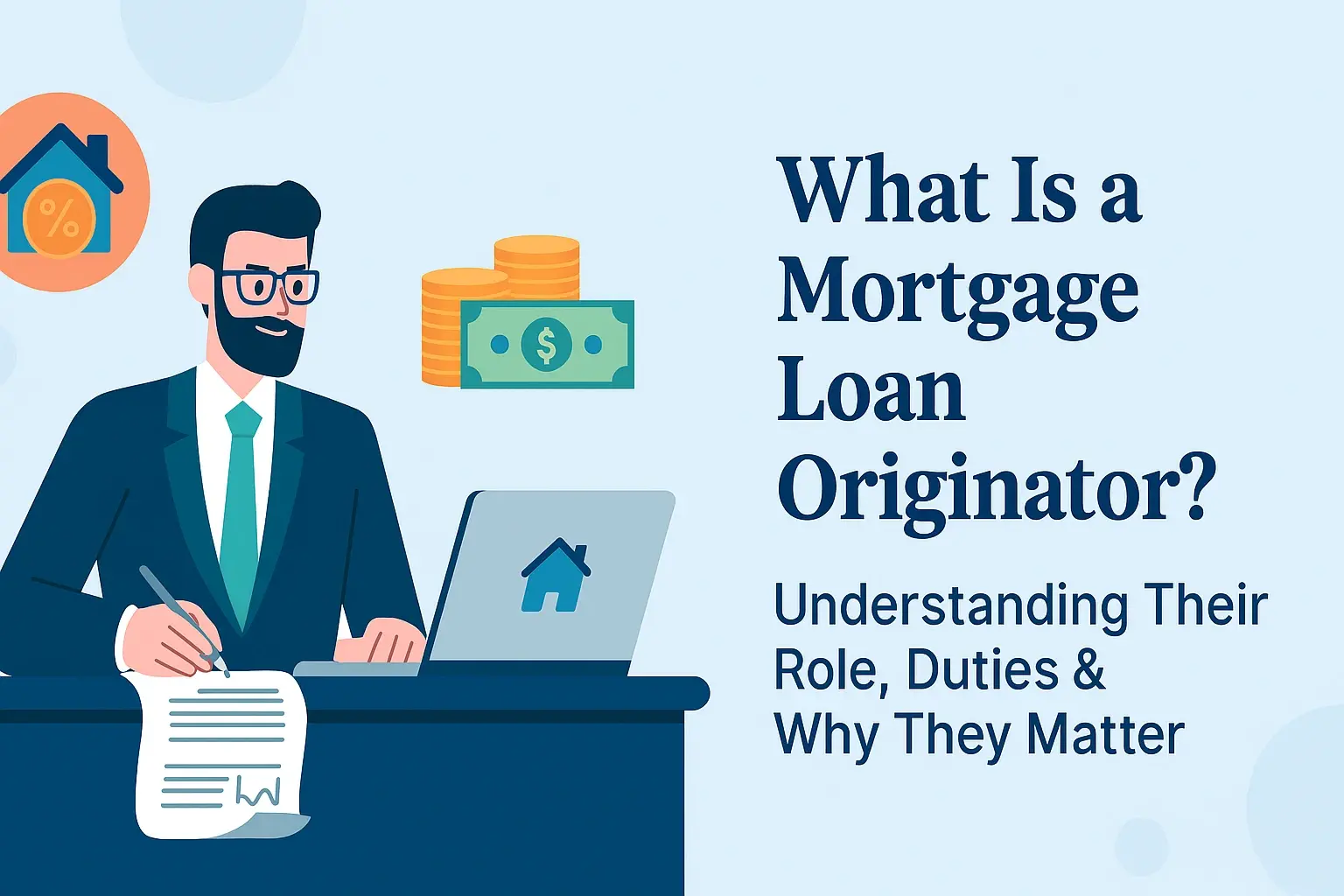-
Posted on: 23 Aug 2024

-
Buying a home is a significant financial decision, and understanding the interest rate on your home loan is paramount. This rate directly impacts your monthly payments and the total amount you'll pay over the life of the loan. The "average" interest rate is a benchmark, but it's crucial to remember that your individual rate will depend on various factors. This comprehensive guide will delve into the current average mortgage rates, the factors that influence them, and strategies to secure the best possible rate for your situation.
Understanding Mortgage Interest Rates
A mortgage interest rate is the percentage charged by a lender for the use of their money to finance your home purchase. This rate, expressed as an annual percentage (APR), is a crucial component of your overall borrowing cost. It's important to distinguish between the interest rate and the APR. The interest rate is simply the cost of borrowing, while the APR includes other costs associated with the loan, such as origination fees, points, and mortgage insurance. The APR provides a more complete picture of the loan's true cost.
Fixed-Rate vs. Adjustable-Rate Mortgages
Two primary types of mortgage interest rates exist: fixed and adjustable. Understanding the differences is critical for making an informed decision:
- Fixed-Rate Mortgages (FRMs): With a fixed-rate mortgage, your interest rate remains constant throughout the loan term, typically 15, 20, or 30 years. This offers predictability and stability in your monthly payments, making it easier to budget. FRMs are generally preferred when interest rates are low, as you can lock in a favorable rate for the long term.
- Adjustable-Rate Mortgages (ARMs): An adjustable-rate mortgage has an interest rate that adjusts periodically based on a benchmark index, such as the Prime Rate or the Secured Overnight Financing Rate (SOFR). ARMs typically start with a lower introductory "teaser" rate, which can make them attractive in the short term. However, the rate can increase, potentially significantly, when it adjusts. ARMs are often structured as, for example, a "5/1 ARM," meaning the rate is fixed for the first five years and then adjusts annually thereafter. ARMs can be beneficial if you plan to sell or refinance your home before the adjustment period or if you believe interest rates will decline.
What is the Current Average Mortgage Interest Rate?
The average mortgage interest rate fluctuates daily and is influenced by a variety of economic factors. You can find the latest averages from reliable sources such as:
- Freddie Mac (Federal Home Loan Mortgage Corporation): Freddie Mac publishes weekly updates on average mortgage rates based on their surveys of lenders.
- Mortgage News Daily: This website provides daily updates and analysis of mortgage rate trends.
- Bankrate: Offers current rate information and allows you to compare rates from different lenders.
- Zillow: Provides mortgage rate data and tools for calculating mortgage payments.
Important Note: It's crucial to remember that these are just averages. Your actual interest rate will likely differ based on your individual circumstances.
Tracking Recent Rate Trends
Staying informed about recent rate trends is important for understanding the current mortgage market. Consider these factors when analyzing rate trends:
- Overall Economic Conditions: Economic growth, inflation, and unemployment rates all influence mortgage rates.
- Federal Reserve Policy: The Federal Reserve's monetary policy decisions, such as raising or lowering the federal funds rate, have a direct impact on interest rates.
- Housing Market Activity: Demand for housing and the supply of homes on the market can also affect rates.
- Global Events: Unexpected global events can create market volatility and impact interest rates.
Factors Affecting Your Mortgage Interest Rate
While the overall economic environment plays a role, several factors specific to you and your loan application will determine your individual interest rate:
Credit Score
Your credit score is one of the most significant factors influencing your mortgage rate. Lenders use your credit score to assess your creditworthiness and the risk of lending to you. A higher credit score demonstrates a history of responsible borrowing and repayment, resulting in lower interest rates. Generally, a credit score of 760 or higher will qualify you for the best rates.
Down Payment
The size of your down payment also plays a crucial role. A larger down payment reduces the lender's risk, as you have more equity in the home. This typically translates into a lower interest rate. A down payment of 20% or more is generally considered ideal.
Loan Type
The type of mortgage you choose (e.g., conventional, FHA, VA, USDA) will affect your interest rate. Government-backed loans, such as FHA and VA loans, often have lower interest rates than conventional loans, but they may also have other fees and requirements, such as mortgage insurance. VA loans are available to eligible veterans and service members, while FHA loans are designed to help first-time homebuyers and those with lower credit scores.
Loan Term
The length of your loan term impacts the interest rate. Shorter-term mortgages (e.g., 15-year) typically have lower interest rates than longer-term mortgages (e.g., 30-year) because the lender is exposed to less risk over time. However, shorter-term loans have higher monthly payments.
Debt-to-Income Ratio (DTI)
Your debt-to-income ratio (DTI) is the percentage of your gross monthly income that goes towards paying your debts. Lenders use DTI to assess your ability to manage monthly payments. A lower DTI indicates that you have more disposable income and are less likely to default on your loan, resulting in a lower interest rate. Lenders generally prefer a DTI below 43%.
Property Location
In some cases, the location of the property can influence the interest rate. For example, properties in areas with higher foreclosure rates may be subject to slightly higher rates.
Loan-to-Value Ratio (LTV)
The loan-to-value (LTV) ratio compares the amount of the loan to the appraised value of the property. A lower LTV ratio, achieved with a larger down payment, signals less risk for the lender and can result in a lower interest rate. An LTV of 80% or lower is often preferred.
How to Get the Best Mortgage Interest Rate
Securing the best possible mortgage interest rate requires careful planning and preparation. Here are some strategies to consider:
Improve Your Credit Score
Take steps to improve your credit score before applying for a mortgage. This includes:
- Checking your credit report for errors and disputing any inaccuracies.
- Paying bills on time and reducing your credit card balances.
- Avoiding opening new credit accounts before applying for a mortgage.
Save for a Larger Down Payment
Saving for a larger down payment not only lowers your LTV but also demonstrates financial responsibility to lenders. Aim for a down payment of at least 20% if possible.
Shop Around and Compare Rates
Don't settle for the first offer you receive. Get quotes from multiple lenders, including banks, credit unions, and online mortgage lenders. Compare the interest rates, fees, and terms offered by each lender to find the best deal. A difference of even a fraction of a percentage point can save you thousands of dollars over the life of the loan.
Consider Paying Points
Mortgage points are upfront fees you pay to the lender in exchange for a lower interest rate. Each point typically costs 1% of the loan amount. Paying points can be beneficial if you plan to stay in the home for a long time, as the savings from the lower interest rate will eventually outweigh the upfront cost. However, carefully calculate the break-even point to determine if paying points is the right choice for you.
Consider a Shorter Loan Term
If you can afford the higher monthly payments, consider a shorter loan term, such as a 15-year mortgage. This will not only save you money on interest but also allow you to build equity in your home faster.
Work with a Mortgage Broker
A mortgage broker can help you navigate the mortgage process and find the best rates from multiple lenders. Mortgage brokers work independently and are not tied to any particular lender, allowing them to provide unbiased advice.
Get Pre-Approved
Getting pre-approved for a mortgage before you start shopping for a home can give you a better understanding of how much you can afford and strengthen your negotiating position with sellers. Pre-approval also allows you to lock in an interest rate for a certain period, protecting you from potential rate increases.
The Impact of Interest Rates on Affordability
Mortgage interest rates significantly impact the affordability of a home. Even a small change in the interest rate can have a substantial effect on your monthly payments and the total cost of the loan. For example, consider a $300,000 mortgage:
- At a 5% interest rate: The monthly principal and interest payment would be approximately $1,610.
- At a 6% interest rate: The monthly principal and interest payment would be approximately $1,799.
This difference of 1% translates to an additional $189 per month, or over $68,000 over the life of a 30-year loan. This illustrates the importance of securing the lowest possible interest rate.
Refinancing Your Mortgage
If interest rates have declined since you obtained your mortgage, refinancing may be an option to lower your monthly payments and save money. When considering refinancing, compare the costs of refinancing (e.g., appraisal fees, closing costs) to the potential savings. A general rule of thumb is that refinancing makes sense if you can lower your interest rate by at least 0.5% to 1%.
Making Informed Decisions
Navigating the world of mortgage interest rates can be complex. It's crucial to do your research, consult with financial professionals, and carefully consider your individual circumstances before making a decision. By understanding the factors that influence mortgage rates and taking steps to improve your creditworthiness and financial situation, you can increase your chances of securing the best possible rate and achieving your homeownership goals.









